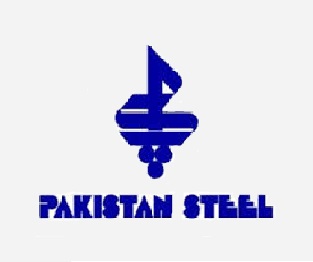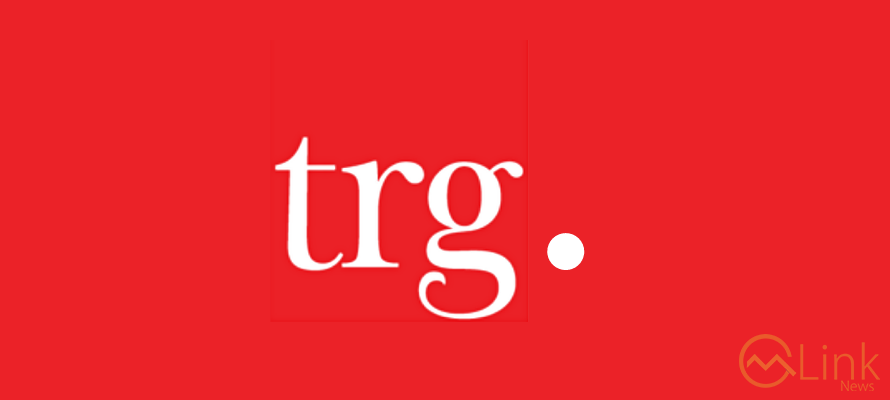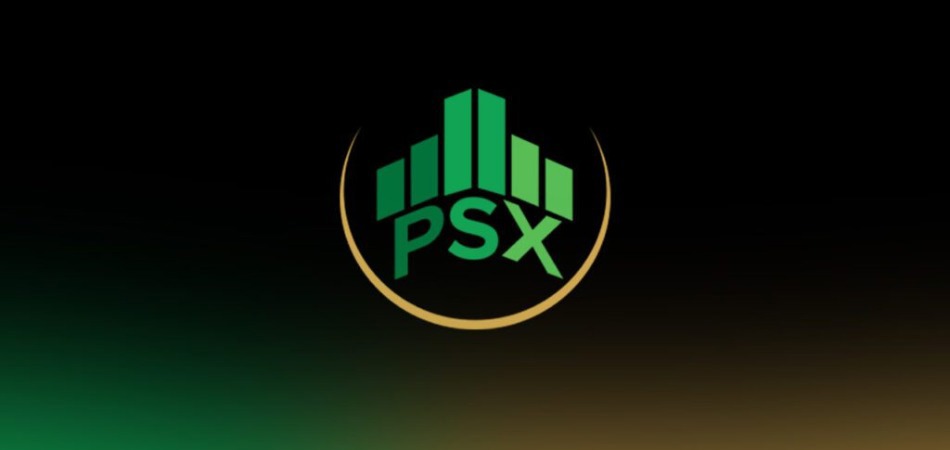Budget 2020 and the sectors in peril

By MG News | June 10, 2019 at 11:52 AM GMT+05:00
June 10, 2019 (MLN): The government of Pakistan is set to announce the budget for fiscal year 2020 tomorrow, June 11, 2019, and the equity markets’ expectations from it are rather bent towards a negative outcome on the whole.
The cement sector, auto sector, fertilizer industry and the textile sector are most highly anticipating a negative impact of this announcement, according to a preview report published by Arif Habib Limited.
With a staff level agreement for a 3 year long EFF with the International Monetary Fund (IMF) nesting in Pakistan’s lap, the government is under pressure and is left with no option but to take stern measures that comply with the Fund’s prior conditions.
Cement:
The Federal Excise Duty (FED) on cement has been proposed to go up to Rs.2,000 per ton (or Rs.100 per bag) from Rs.1,500 per ton i.e. Rs.75 per bag, at present. “Albeit, with the dual impact of rising cost pressures and weak prices already eroding margins, manufacturers may intend to partially pass on the impact to mend the damage, “ says the report.
Moreover, the continuation of corporate tax rate at the current rate of 29% or an increase to 30% is also potentially on the cards and will stretch the future tax liability and dent earnings. “Our current workings assume the corporate tax rate to decline by 1% per annum to 25% from 29% at present, and constant subsequently,”
Auto:
The customs tariff slabs on imported items is expected to be revised in the budget and this bears unwelcomed news for the Auto sector which largely depends on imports and owes over 60% of its vehicle cost to them. An upward revision in this tariff could largely impact the whole sector.
In addition to this, the sales tax on tractors may be raised from 5% to 18% as proposed by the Federal Board of Revenue (FBR), in order to generate an additional revenue of Rs.10 billion. AHL believes that this change would hurt demand as tractor manufacturers will completely pass on the price impact.
The introduction of FED on locally manufactured vehicle, irrespective of their engine capacity is another problem to look out for this budget season, as it would entail inflation within the markets.
At present, an FED of 10% is being charged on vehicles with 1,700 CC or higher engine capacity.
Textile:
The zero-rated status for textile industry seems to be in jeopardy this time around and it is highly likely that this will raise the cost of doing business and will have an adverse impact on exports.
The matter of demolishing the zero-rated status to the manufacturers of exportable products has been in talks as of late where the government had been unable to take a decision.
However, it is rumored that relevant authorities within FBR believe that the sale of exportable products in local markets should be taxed.
Furthermore, revision in customs tariff slab on imports and increased sales tax on local sales from 6% to normal GST rates are additional worries looming within the textile industry.
Fertilizer:
The latest budget is also expected to consider a hike in GST on all fertilizer products, which is currently at 2%. According to analysts at AHL, the government may increase GST to 5% on all products which is expected to contribute an additional PKR 11.4bn.
“Consequently, expected increase in urea and DAP prices would be PKR 53/bag and PKR 106/bag, respectively. Whereas in the worst case scenario, government may impose 17% (18%) GST on all fertilizer products which will translate to an annual revenue generation of PKR 57bn as urea and DAP prices will have to be increased by PKR 265/bag and PKR 529/bag, respectively to completely pass on the impact,” read the report.
Copyright Mettis Link News
Related News
| Name | Price/Vol | %Chg/NChg |
|---|---|---|
| KSE100 | 125,627.31 258.99M |
1.00% 1248.25 |
| ALLSHR | 78,584.71 1,142.41M |
1.16% 904.89 |
| KSE30 | 38,153.79 69.25M |
0.63% 238.06 |
| KMI30 | 184,886.50 91.38M |
0.01% 13.72 |
| KMIALLSHR | 53,763.81 554.57M |
0.54% 290.61 |
| BKTi | 31,921.68 33.15M |
1.78% 557.94 |
| OGTi | 27,773.98 9.65M |
-0.40% -112.21 |
| Symbol | Bid/Ask | High/Low |
|---|
| Name | Last | High/Low | Chg/%Chg |
|---|---|---|---|
| BITCOIN FUTURES | 108,055.00 | 109,565.00 107,195.00 |
570.00 0.53% |
| BRENT CRUDE | 66.64 | 67.20 65.92 |
-0.16 -0.24% |
| RICHARDS BAY COAL MONTHLY | 97.00 | 97.00 97.00 |
1.05 1.09% |
| ROTTERDAM COAL MONTHLY | 107.65 | 107.65 105.85 |
1.25 1.17% |
| USD RBD PALM OLEIN | 998.50 | 998.50 998.50 |
0.00 0.00% |
| CRUDE OIL - WTI | 64.97 | 65.82 64.50 |
-0.55 -0.84% |
| SUGAR #11 WORLD | 16.19 | 16.74 16.14 |
-0.52 -3.11% |
Chart of the Day
Latest News
Top 5 things to watch in this week
Pakistan Stock Movers
| Name | Last | Chg/%Chg |
|---|
| Name | Last | Chg/%Chg |
|---|



